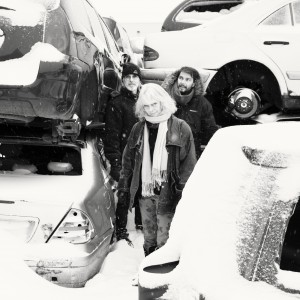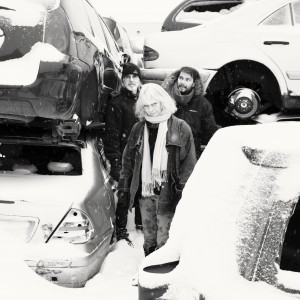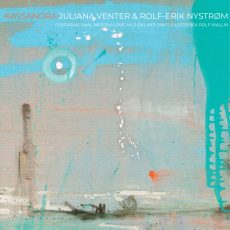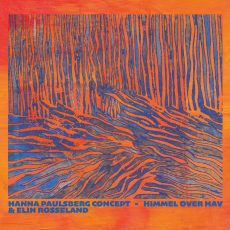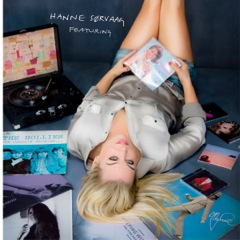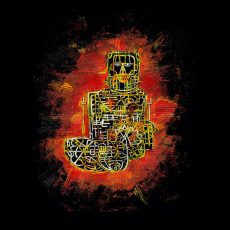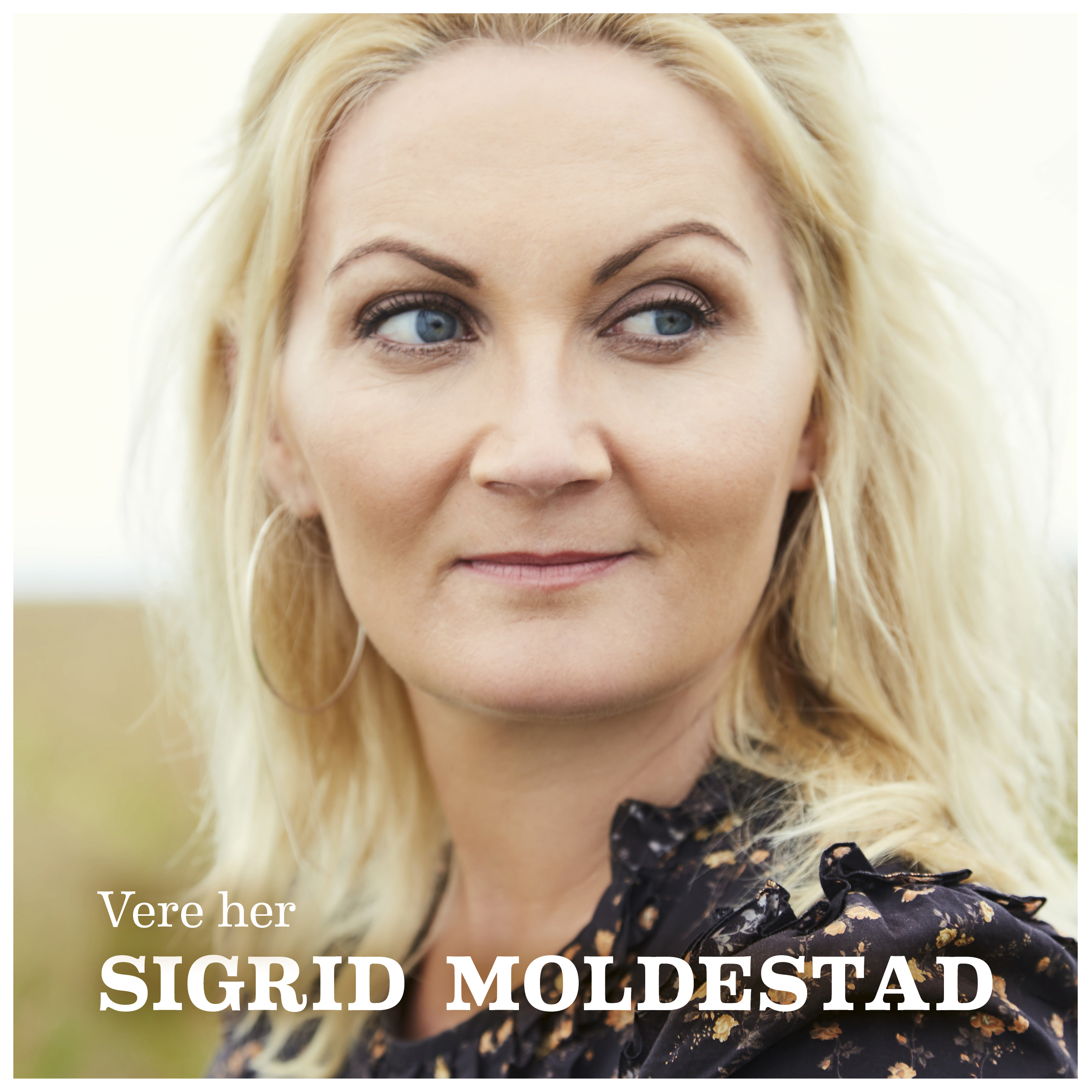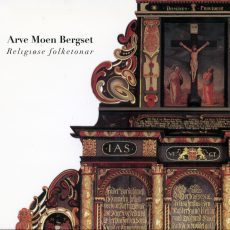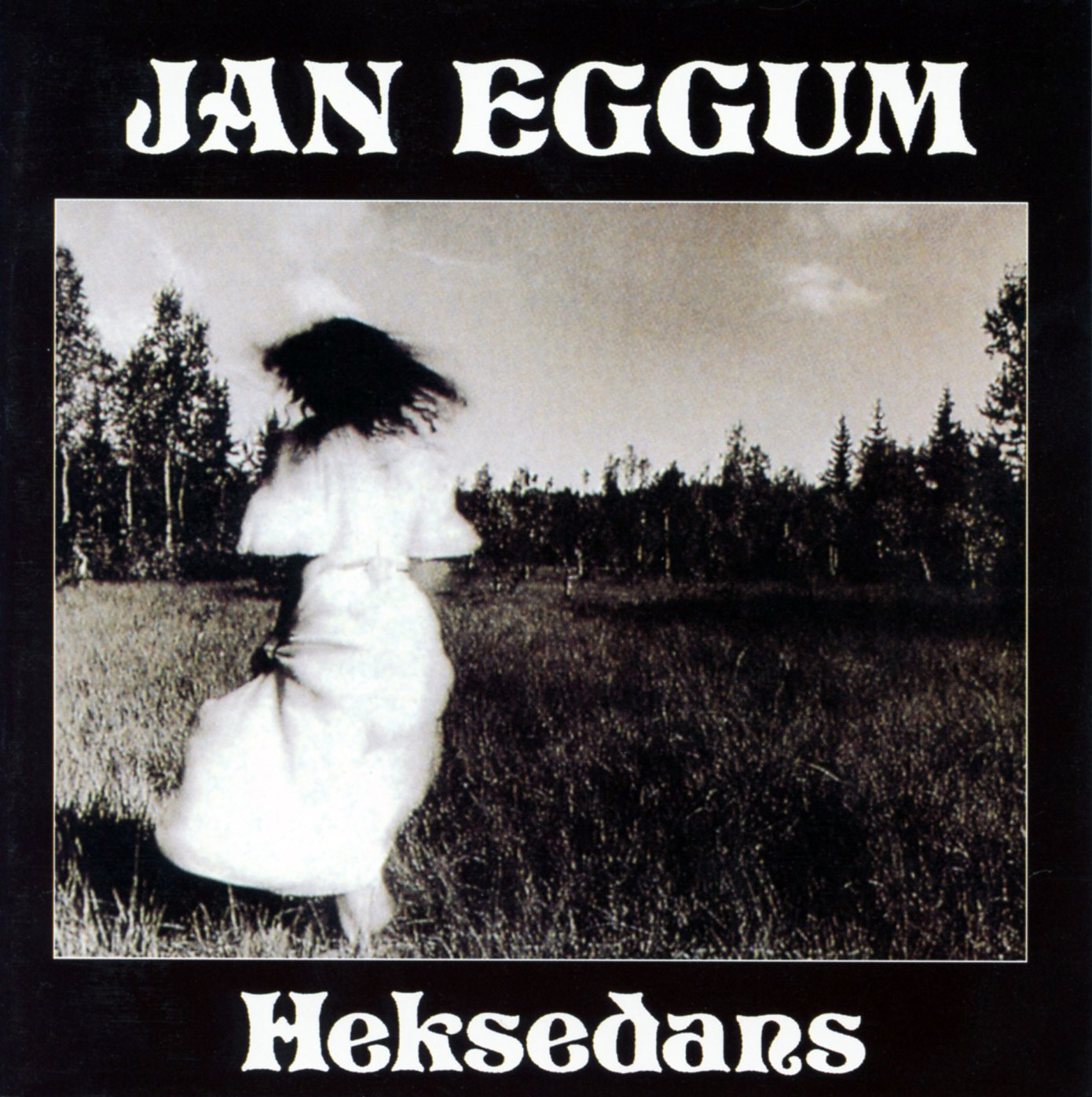Featuring stylistic leaps, shifting moods, stunning arrangements of carefully crafted compositions (by Giørtz herself, as well as material by Guttorm Guttormsen, and some additional input on one track by guitarist and producer, Eivind Aarset), the album moves through genres and psychological spaces with deft but graceful purpose.
Capital Punishment for Cars
Many of the songs feature lyrics by the late Fran Landesman, a poet (and friend of Giørtz from 1980 until her death in 2011; Landesman gave Giørtz many lyrics long before they were published. Giørtz remains friends with Landesman’s son, Miles) whose words have appeared on music by artists as diverse as Dudley Moore, Georgie Fame, and Steve Allen, and have been performed and recorded by the likes of Ella Fitzgerald, Sarah Vaughan, Rickie Lee Jones and Barbra Streisand. Landesman’s poetic edge is present throughout: her lyrics, although direct, are carrying much more weight and meaning than at first they seem to be. These words are impressive not because they are designed to impress, but because they speak directly to you, telling you exactly what they mean to tell, without wilful obscurity or kitsch showmanship. The same can be said of Giørtz’s own lyrical contributions, as well as those she has chosen from Welsh composer and songwriter, Joseph Parry, and Rod McKuen (perhaps best known as translator to English of, and collaborator with, Jacques Brel. McKuen’s "Thoughts On Capital Punishment" provides the album’s title).
Individual scenes and vignettes
The musical settings Giørtz provides serve to mingle perfectly with the lyrics: neither music nor lyrics are foregrounded, but instead interweave to form perfect individual scenes and vignettes. While songs like "Thoughts On Capital Punishment", "Twilight", "Nothing Lasts Forever" and "The Failure of ESP" could never be described as "ambient", they certainly captures perfect atmospheres, accentuating, complimenting, contrasting and artfully lacing with the lyrical content. The combination of Giørtz’s keys, Aarset’s guitar textures, and Baden’s percussion and drum work is a delicate interplay, often subtle, sometimes intense, but always fascinating and perfectly suited to the song and its content. "Secret of Silence" carries Japanese elements without being a mere pastiche; "Middleclass Blues" is certainly a species of blues, but postmodern rather than Mississippi Delta; "Make New Friends" (with Joseph Parry’s lyrics, written over 100 years ago) has a Latin vibe, but manages to gently hover beyond certain classification as bossa nova; "What about me?" is masterful reductionism, pairing Giortz’s expressive voice with chattering percussion and a sing-song melody that is as infectious as it is simple; "I Don’t Know Why" is an atmospheric ballad, with haunting piano and guitar; "Tangiers New Year" occupies a similar space to "Middleclass Blues", but has a sharper edge, like a slow-stabbing blade; "Don’t Change" is an upbeat pop shuffle; "I’m Alive" – the album’s closing track – is a sparkling, celebratory, revelatory song, delivering itself, its sentiments, its simple truths, without pretension or pontification.
Vocal pyrotechnics
Giørtz’s vocals are delivered as perfectly as one would expect, given her previous work (Ab Und Zu; Trio de Janeiro; Anne-Marie Giørtz Band). Her balance between expression and artifice is exemplary, never over-stretching, never under-reaching, always delivering what the song demands. Few singers today have as keen an understanding of the dramatic elements of the singer’s art, that less can be much more, that vocal pyrotechnics are more often used to disguise weakness in interpretation: when you hear Anne-Marie Giørtz sing a song, you are probably hearing – truly hearing – that song for the first time.










